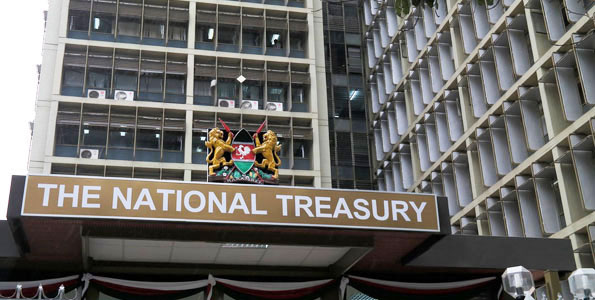Kenya is sinking deeper into a debt crisis, with the latest Okoa Uchumi public debt report showing that Ksh.7 of every Ksh.10 collected by the government goes toward debt repayment. The report, released on Tuesday, paints a grim picture of a nation trapped in a cycle of borrowing and repayment, leaving little for essential services.
Kenya’s total public debt now stands at Ksh.11.81 trillion, with Ksh.6.3 trillion in domestic debt and Ksh.5.48 trillion in external loans. The report highlights that domestic debt has now overtaken foreign debt, a worrying trend that experts say increases the risk of misuse due to weak oversight.
“Kenya is already in a debt crisis. Domestic debt is more prone to misuse since it lacks the scrutiny foreign lenders impose,” said Alexander Riithi, Head of Programs at The Institute for Social Accountability (TISA).
The report also underscores how corruption and poor fiscal management have worsened the situation. With only Ksh.3 of every Ksh.10 left for government operations, critical sectors like education and healthcare are under severe strain. “About 30 per cent of our population is unemployed. The health sector has become a killing field where corruption decides who survives,” Riithi added.
Civil society groups and leaders are urging the government to ban supplementary budgets, reform the National Government Constituency Development Fund (NG-CDF), and disclose all loan agreements. They argue that unchecked borrowing and unapproved expenditures deepen inequality and hinder economic recovery.
Saboti MP Caleb Amisi called for a break from dependency on global lenders: “We must free ourselves from the yoke of the World Bank and IMF. These institutions were never designed for Africa’s development.”
The Okoa Uchumi coalition insists that transparency, accountability, and fiscal discipline are Kenya’s only paths to economic stability and debt sustainability

